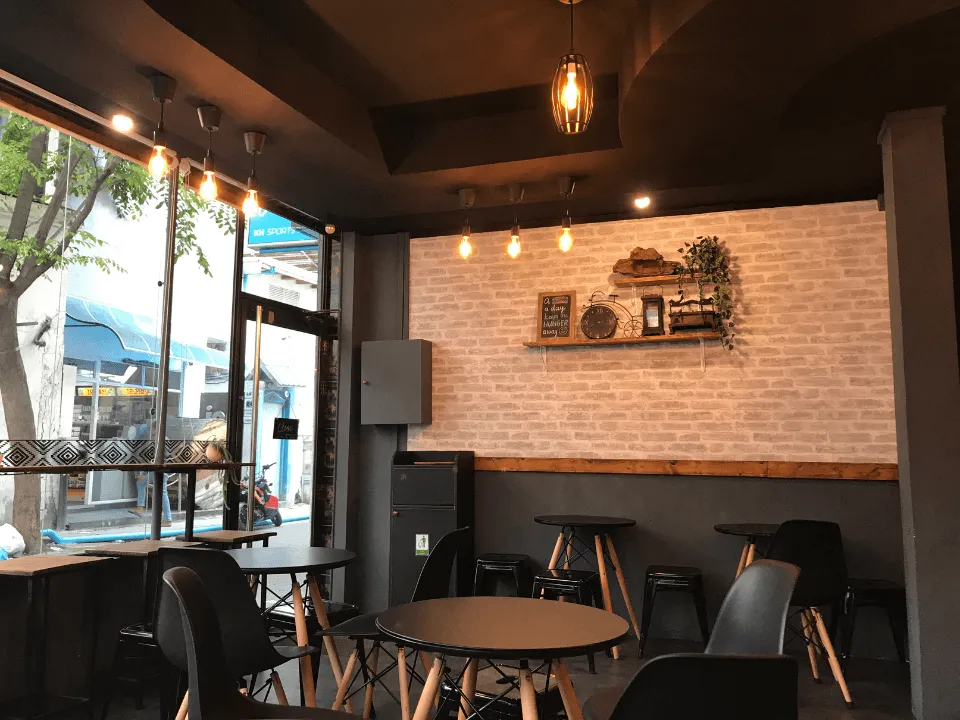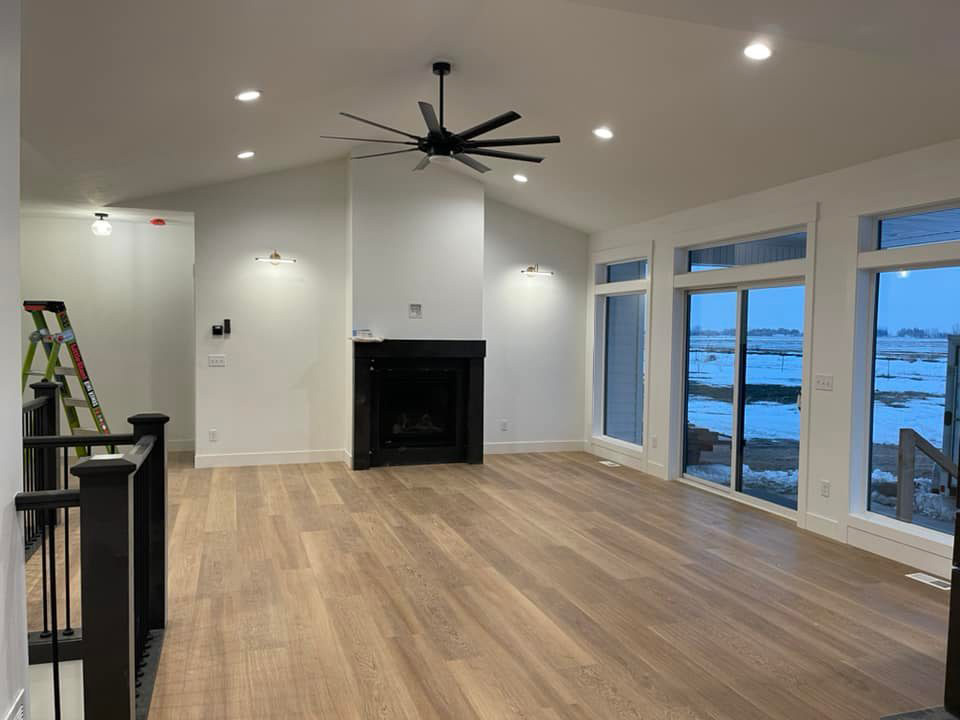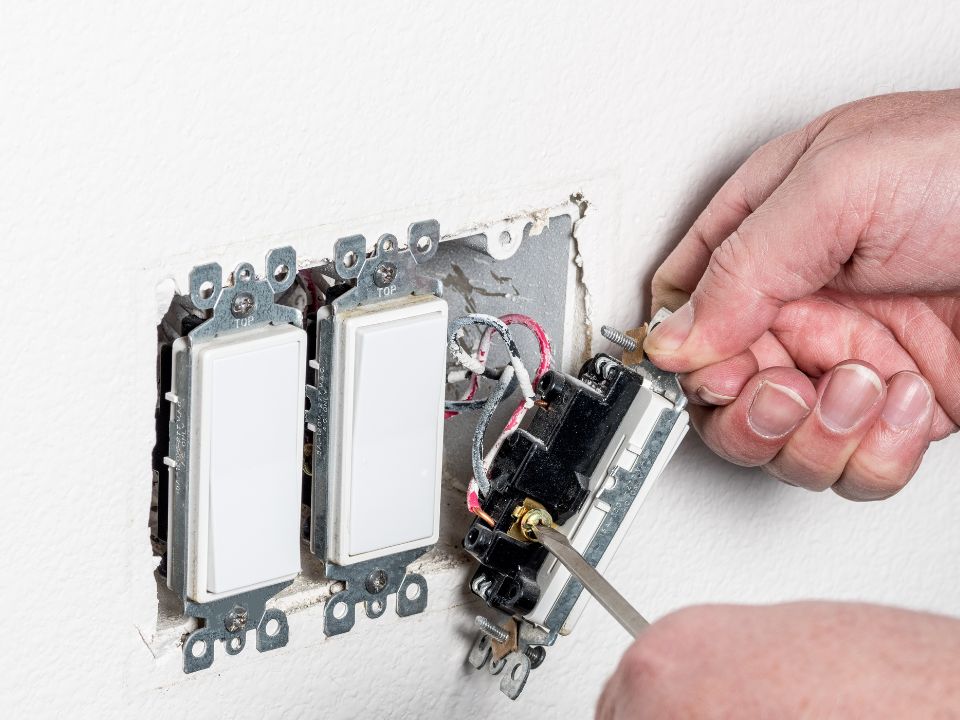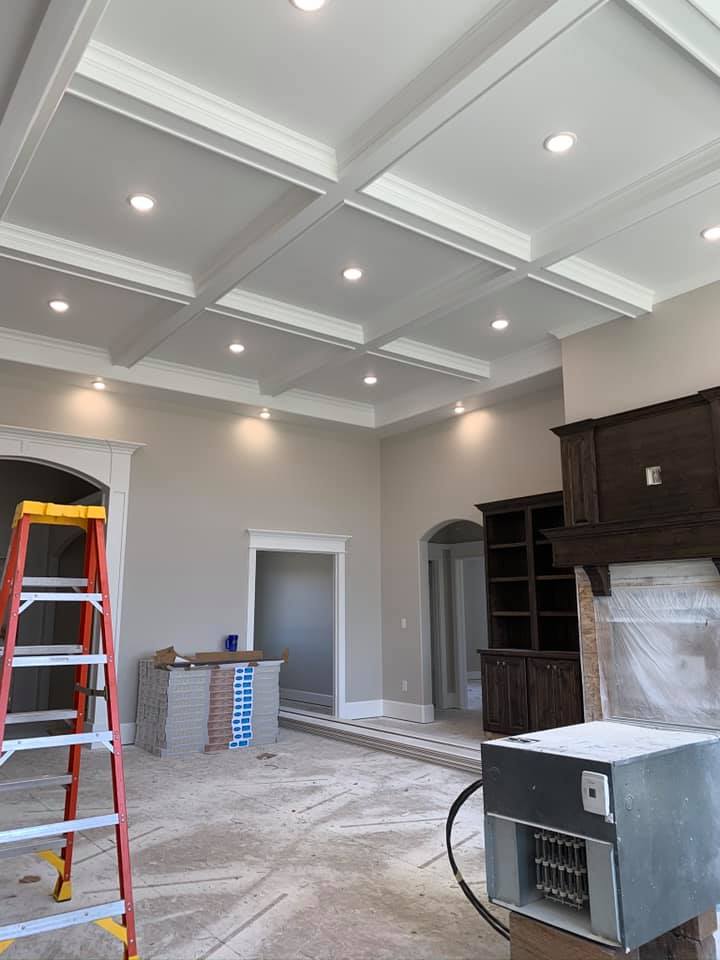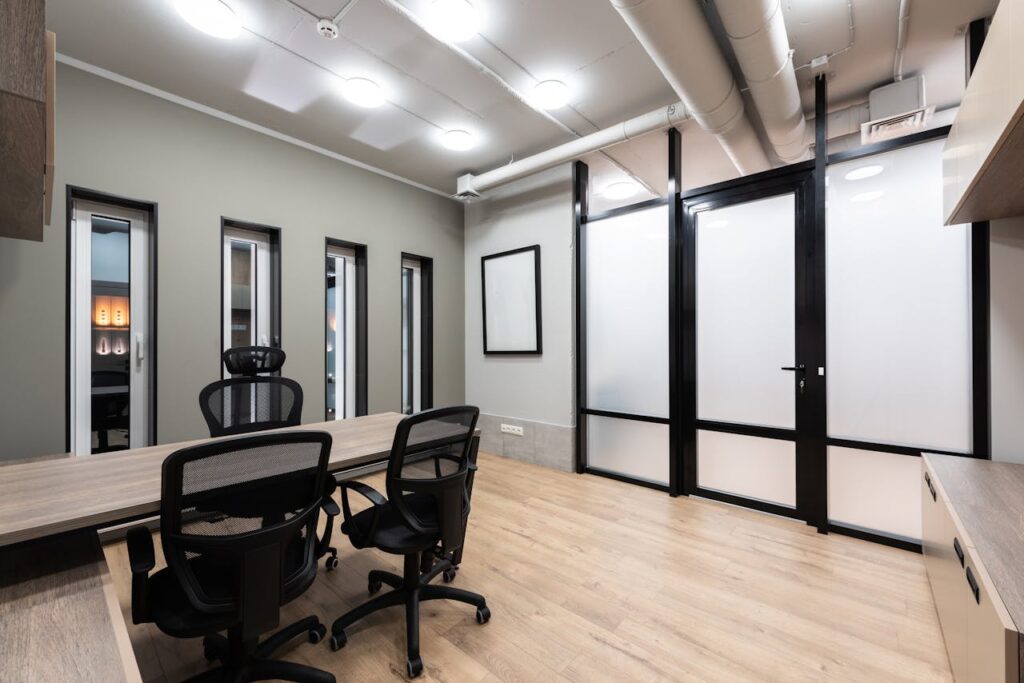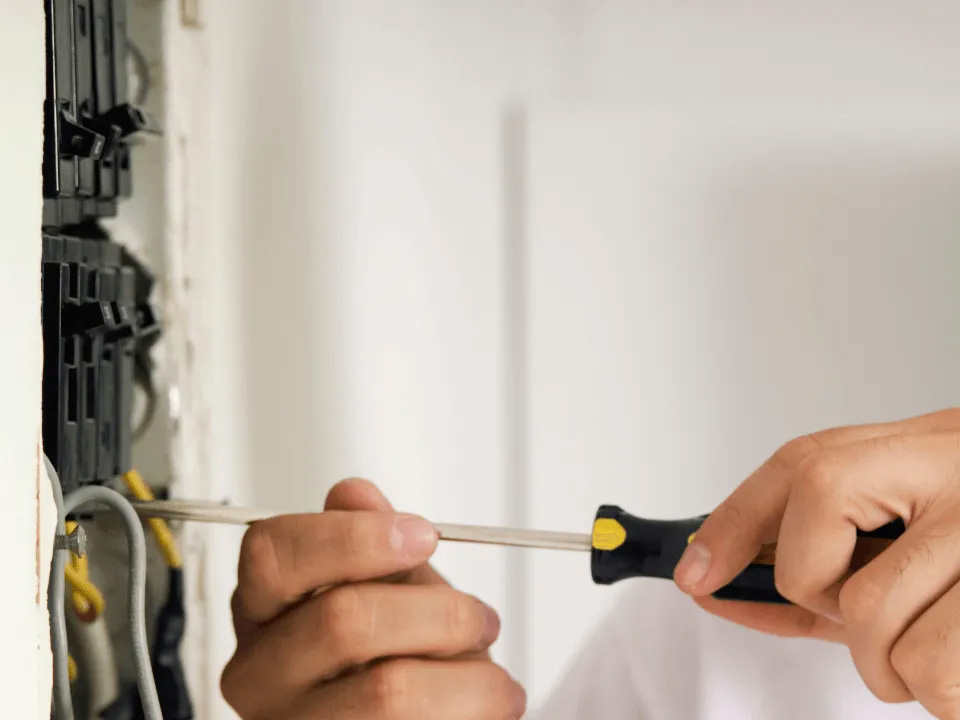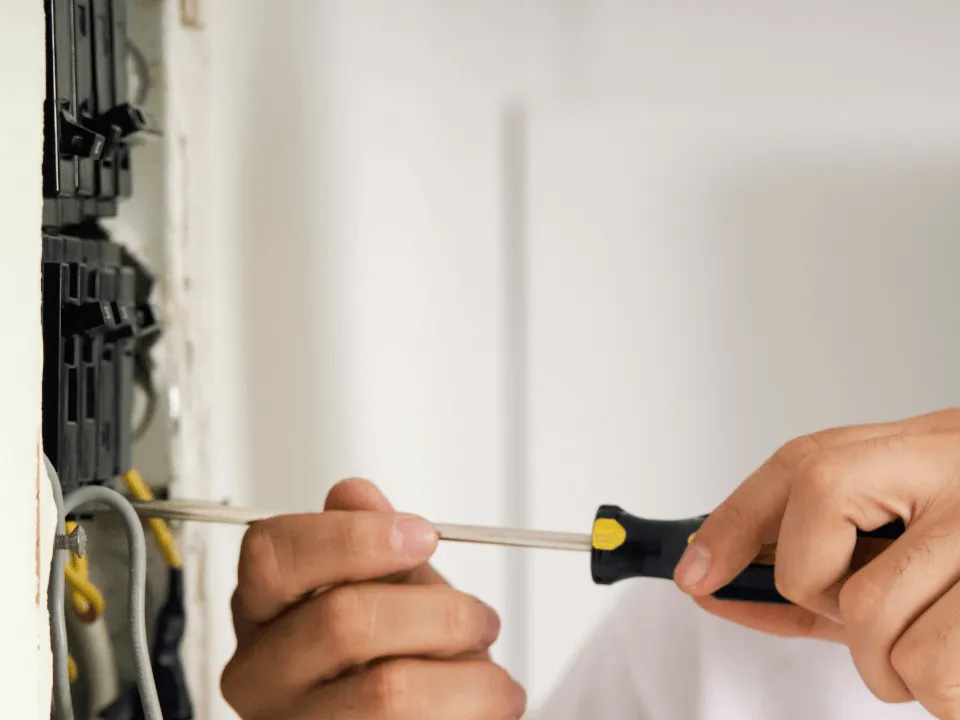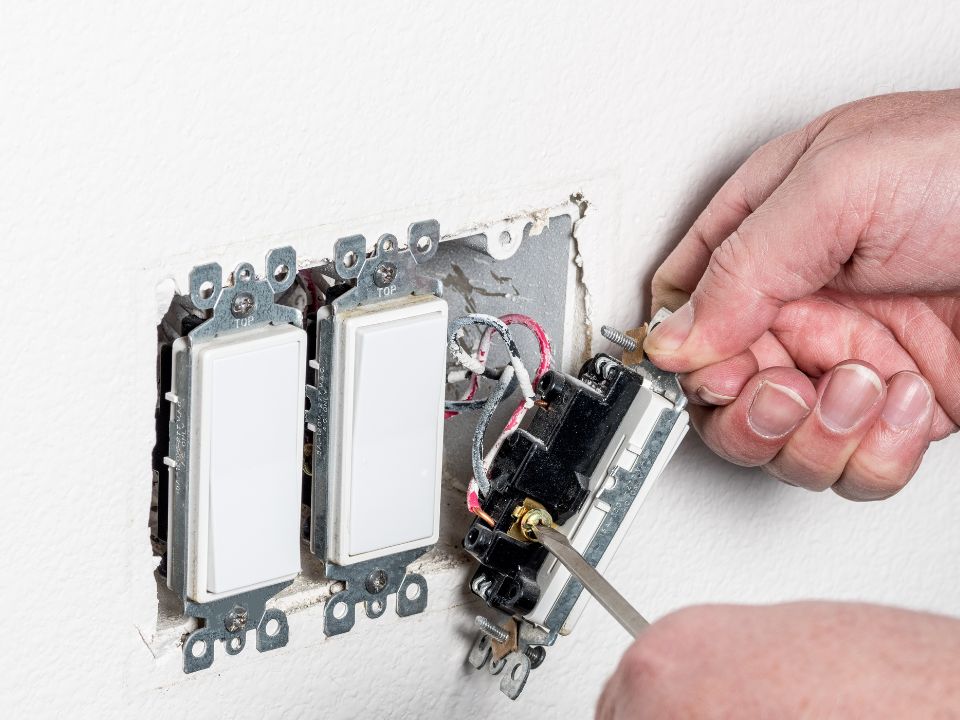The Risks of Overloading Your Home’s Circuits and How to Avoid It
Your home’s electrical system is designed to handle a certain load. But with modern appliances, gadgets, and electronics, it can be easy to unknowingly overload your circuits. When circuits are overloaded, the risk of electrical fires, damaged appliances, and system failures increases.
In this article, we’ll explore the dangers of overloading your home’s circuits, how to recognize the signs, and how an electrician can help prevent these issues from occurring.
1. Understanding the Risks of Overloaded Circuits
An overloaded circuit occurs when too much electrical demand is placed on a single circuit, causing the system to become overwhelmed. This can lead to a variety of dangerous situations, including the risk of a fire or appliance damage.
- Electrical fires: When a circuit is overloaded, it can heat up, potentially sparking a fire if the wires are not properly protected.
- Damaged electronics: Overloading circuits can cause your appliances and electronics to short circuit or become damaged from sudden surges of power.
Understanding the risks of overloading helps you take the necessary steps to protect your home and family from these hazards.
2. Recognizing the Signs of an Overloaded Circuit
There are several warning signs that may indicate your home’s circuits are overloaded. Being aware of these signs can help you avoid major electrical issues.
- Tripped circuit breakers: If your circuit breakers trip frequently, it’s a sign that the system is being overloaded and cannot handle the demand.
- Flickering lights: When lights flicker or dim, it may mean that the circuit is being overworked, especially when multiple appliances are plugged in.
If you notice these symptoms, it’s important to call a Rexburg electrician to check your electrical system and resolve the issue before it worsens.
3. How to Prevent Overloading Your Circuits
Preventing overloads is crucial for maintaining a safe home environment. By taking a few simple steps, you can reduce the risk of overloading your circuits and avoid costly repairs.
- Distribute electrical load: Avoid plugging too many high-power devices into a single outlet. Spread out your appliances and electronics across different circuits.
- Upgrade your electrical system: If you frequently experience overloaded circuits, it might be time to upgrade your electrical panel to support more power. A licensed electrician can help you install a larger, safer system.
By taking these preventive measures, you can ensure your electrical system runs smoothly without the risk of overloading.
4. Why You Should Hire a Professional Electrician
If you’re experiencing signs of an overloaded circuit or if you’re unsure about your home’s electrical capacity, it’s important to call a professional electrician. They can perform a thorough inspection of your system and recommend solutions to prevent overloads.
- Electrical panel upgrades: An electrician can upgrade your electrical panel to handle more circuits and prevent overloads.
- Proper wiring installation: They can ensure that your system is wired correctly and can support your home’s power needs.
Hiring an electrician ensures your system is safe, up to code, and capable of handling your home’s electrical demands.
Conclusion
Overloading your home’s circuits can lead to serious problems, including electrical fires and appliance damage. Recognizing the signs and taking preventive measures can help you avoid these risks and keep your home safe. If you’re experiencing overloaded circuits or need help with upgrading your system, call Platinum Electric at (208) 403-3040 for professional electrical services today!
We also provide services to Blackfoot, Collins, Chubbuck, Idaho Falls, Ammon, Rexburg, Jackson, Island Park, Shelley, Iona, and all surrounding areas.
The Risks of Overloading Your Home’s Circuits and How to Avoid It Read More »



